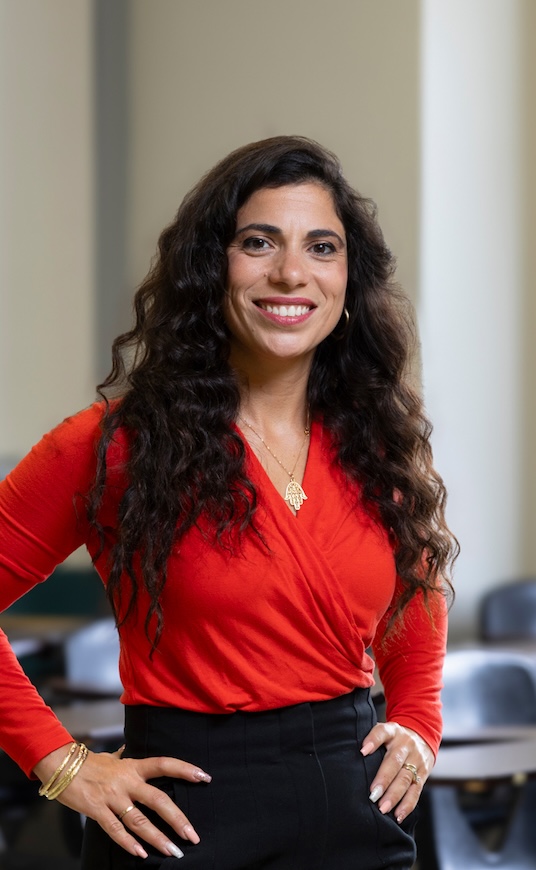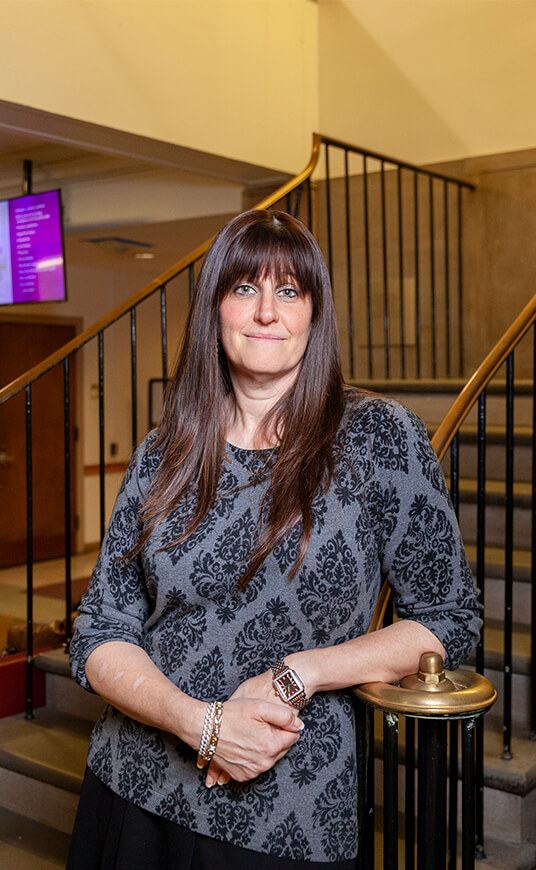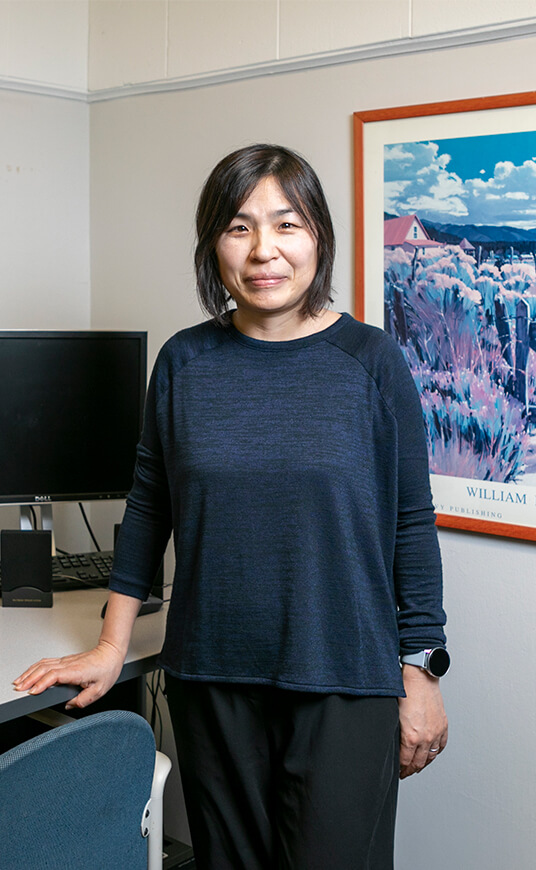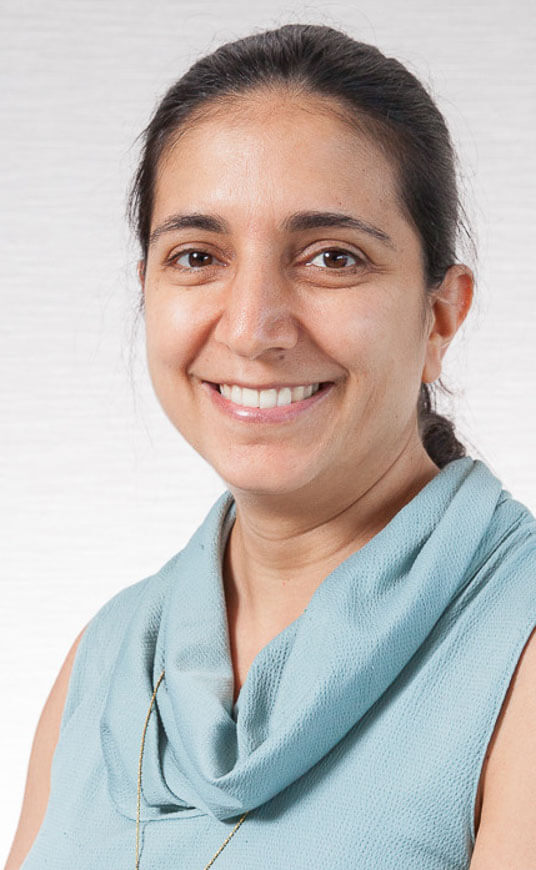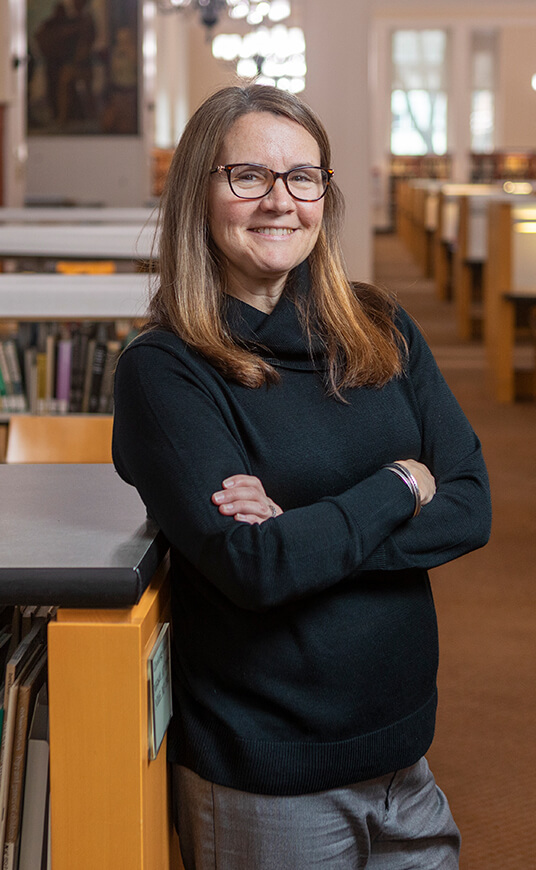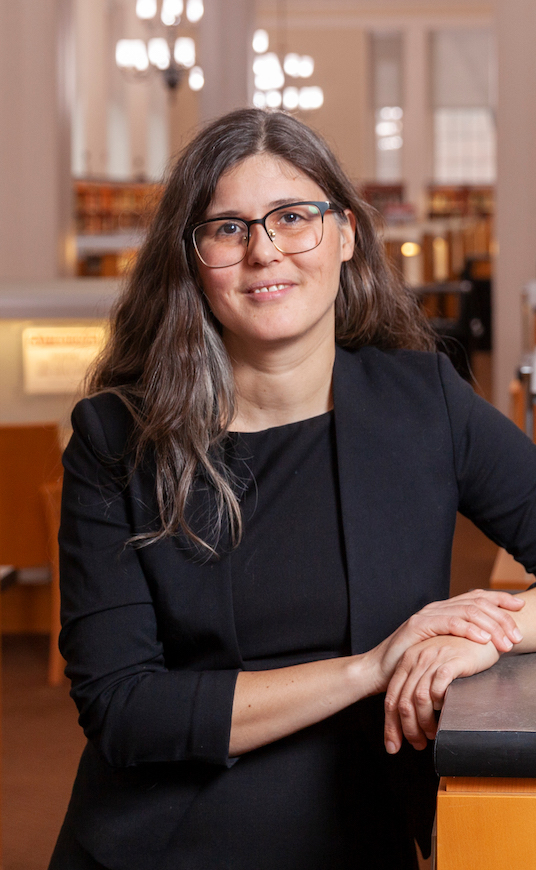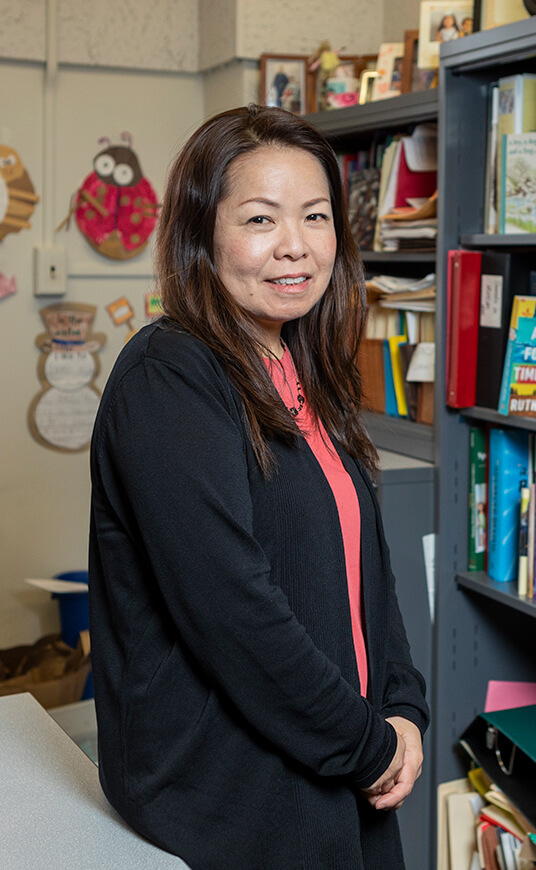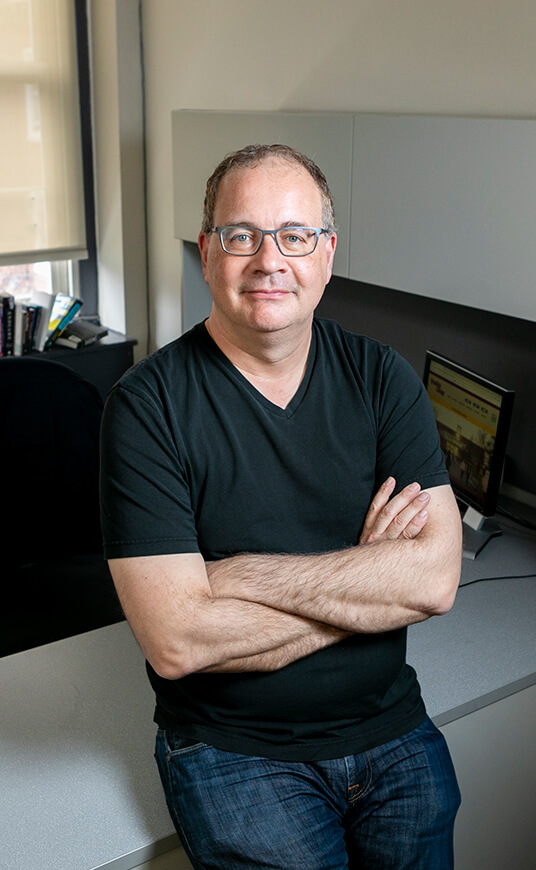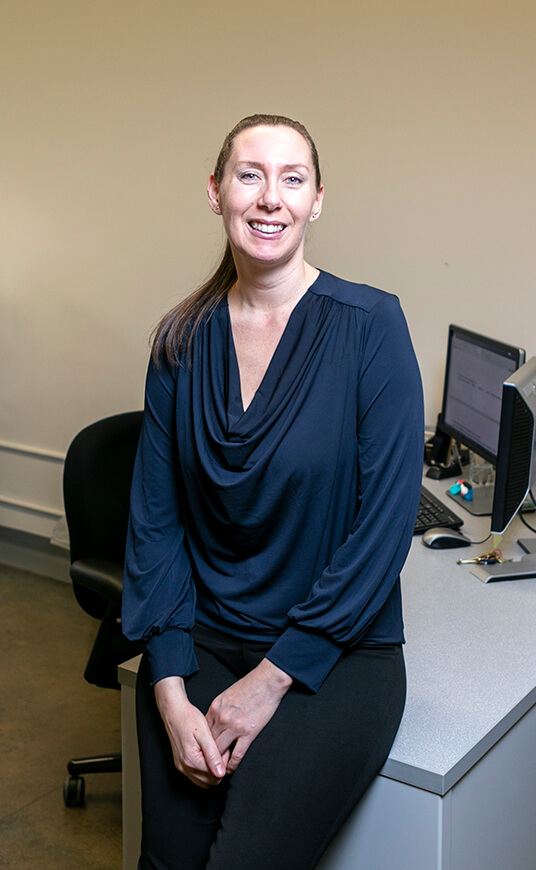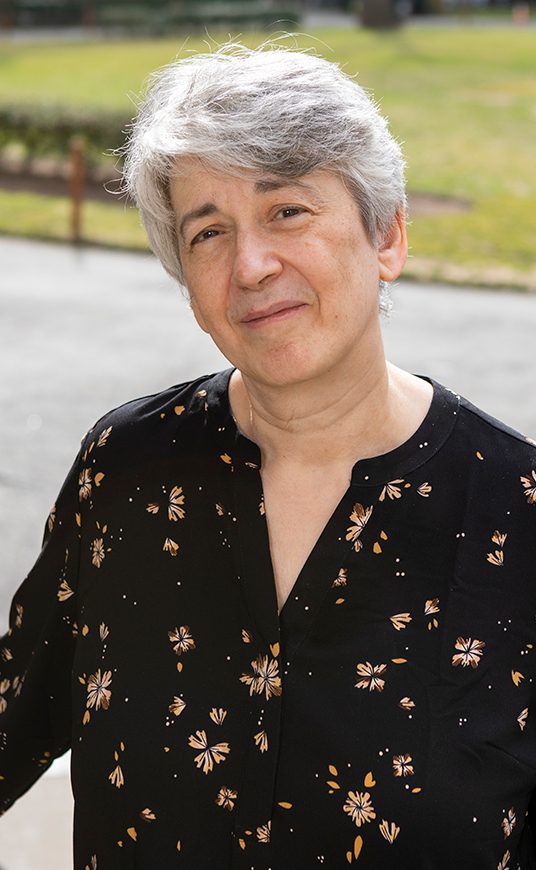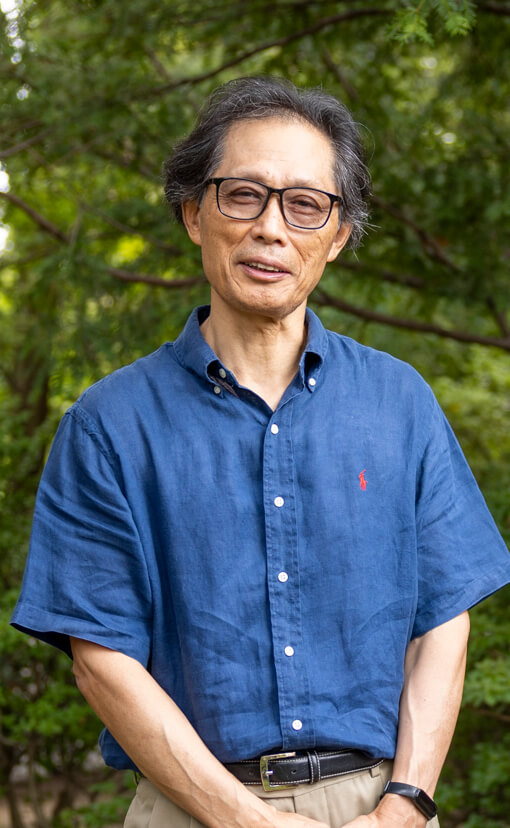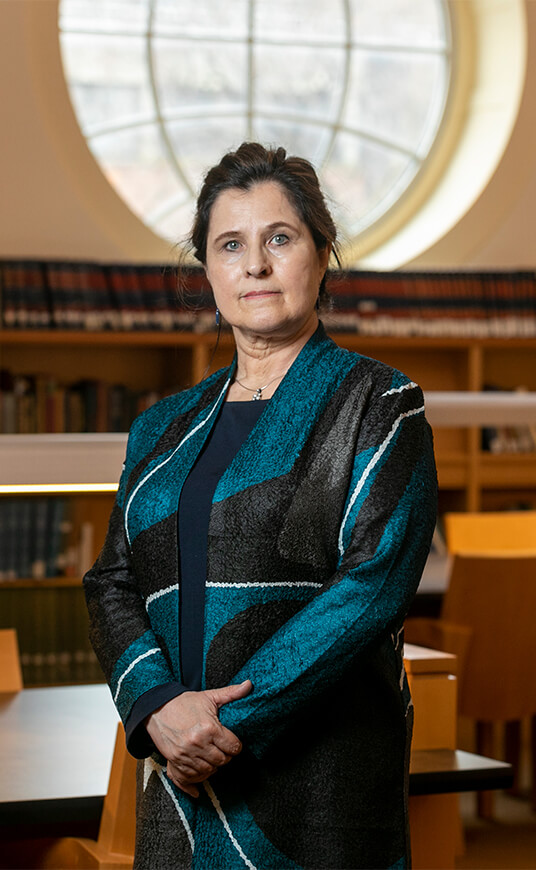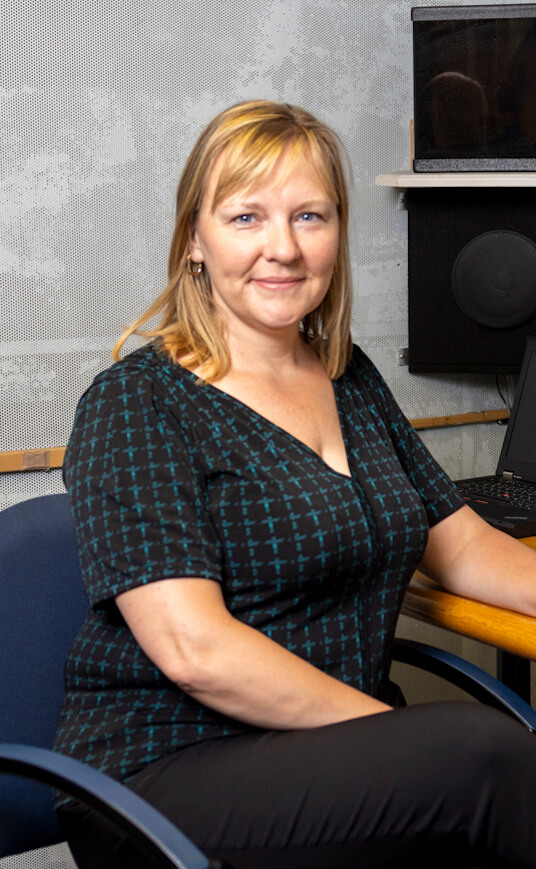Communication Sciences and Disorders, B.A.
School of Humanities and Social Sciences
Program Overview
Through a degree in communication sciences and disorders, you will learn how to become a thoughtful, effective communicator who is mindful of how others communicate in a wide range of settings. You’ll develop a basic understanding of the anatomy and physiology of speech and hearing, and become familiar with the disorders that affect the ability to communicate. You’ll explore the development and nature of speech, language, communication, and swallowing from physiological, neurological, psychological, and multicultural perspectives.
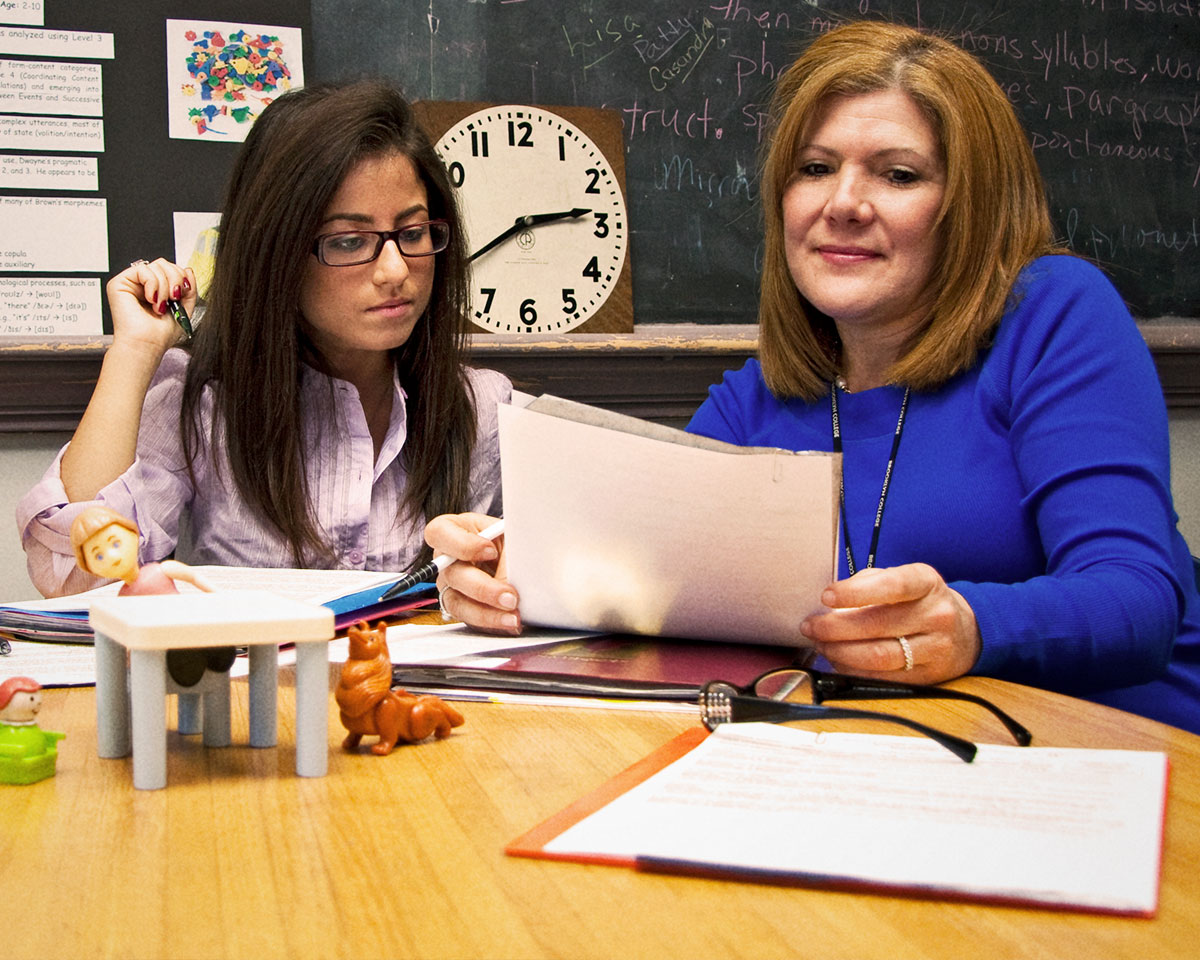
Major Details
The program information listed here reflects the approved curriculum for the 2024–25 academic year per the Brooklyn College Bulletin. Bulletins from past academic years can be found here.
Major Requirements (47 Credits)
It is required that majors in the Communication Sciences and Disorders program attend a new majors meeting prior to declaring their major and recommended that students meet with a departmental advisor once a year thereafter.
Students may not offer more than six credits for a baccalaureate degree from Communication Arts, Sciences, and Disorders 4270, 5271, 5272, and 5273.
The department chair may allow substitutions for one or more of these requirements consistent with the educational goals of the program.
Students must complete all of the following:
- Communication Arts, Sciences, and Disorders 1113, 1176, 1178, 1179, 2277, 2481, 2482; 2231, 3381, 3382, 4383, and 5275W; and
- Linguistics 2001; and
- one of the following: Communication Arts, Sciences, and Disorders 1619, 1635, or 4666, or ECAE 3001.
Additionally, students who intend to pursue advanced degrees in speech-language pathology or audiology are encouraged to take courses that satisfy the American Speech-Language-Hearing Association Certification Standards. Courses in the areas of statistics (Psychology 3400 or its equivalent), physical sciences (Physics 1005/1100, Chemistry 1007 or an equivalent), and social/behavioral sciences (Psychology 1000 or its equivalent) are strongly suggested.
Students must maintain a “B” average in major courses, with no grade lower than a C. No course may be repeated more than once.
Student Learning Outcomes
Students will be able to:
- Define and describe communication differences versus disorders, roles, responsibilities, scope of practice, career paths, and inter-professional collaborations within the fields of speech-language pathology and audiology.
- Identify and discuss the development and nature of communication and swallowing from physiological, neurological, psychological, linguistic, and multicultural perspectives.
- Demonstrate a foundational understanding of the theories, concepts, research, and processes related to the prevention, identification, assessment, and intervention of various communication and swallowing disorders.
- Analyze, develop, and/or execute research studies on contemporary communication topics.
Degree Maps
To help you pursue your studies in the most efficient manner, and to maximize your efforts to graduate in four years, Brooklyn College has created four-year degree maps for all its majors.
View degree maps for this major and others.
Contact
Jennifer Sass-Brown
4400 Boylan Hall
E: jsass-brown@brooklyn.cuny.edu
P: 718.951.5186
Jason Thompson
3439 Boylan Hall
E: jthompson@brooklyn.cuny.edu
P: 718.951.5000 ext. 3277
Or contact:
Office of Undergraduate Admissions
222 West Quad Center
2900 Bedford Avenue
Brooklyn, NY 11210
E: adminqry@brooklyn.cuny.edu
To make an appointment with an undergraduate admissions counselor, visit:
The Support You’ll Find
One point that can never be repeated enough is the importance of working with your professors and instructors. Even though there is plenty of good information to be found online, in each class you will learn from an expert in the field, who can answer your questions or direct you to the best resources available. The value of faculty cannot be overstated. Good connections with your instructors may be a deciding factor in landing your dream job.
Internships and Employers
Through job fairs, the internship database, and internship panels, the Magner Career Center gives students in the communication sciences and disorders B.A. program access to career opportunities at a wide variety of employers, including:
- BronxCare Health System
- CareRite Centers
- Elizabeth Seton Children’s
- First Step Therapy
- Los Niños Services
- Molly Gurland Adler & Associates
- New York City Department of Education
- New York City Early Intervention Agencies
- Omni Rehab Centers
- Prime Home Health Services
- Right Star, Inc.
- St. Mary’s Healthcare System for Children


